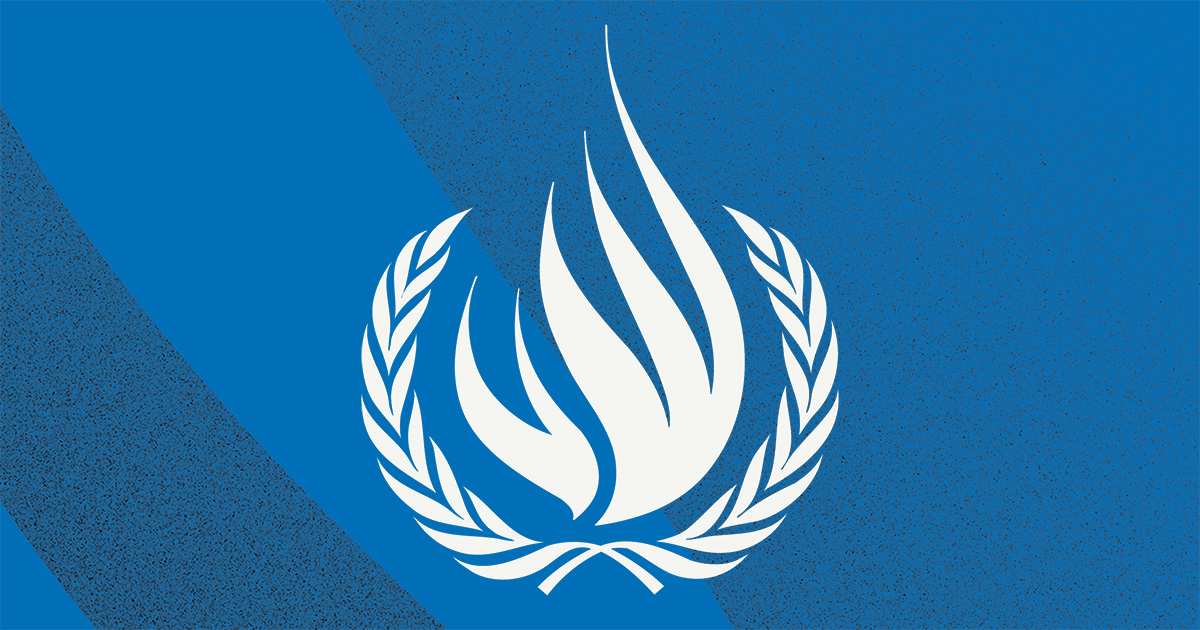
The election outcome will also play a pivotal role in determining how Kurdish leaders handle ongoing disputes with Baghdad
IRBIL, Iraq: Election results from the vote for the regional parliament in Iraq’s semi-autonomous northern Kurdish region show the two dominant Kurdish parties have maintained their hold while an opposition party has made inroads, officials said Wednesday.
According to the Independent High Electoral Commission, the Kurdistan Democratic Party — with its base of support in the regional capital, Irbil, and the city of in Dohuk — made the strongest showing, securing 39 seats.
The rival Patriotic Union of Kurdistan won 23 seats, continuing its influence over the city of Sulaymaniyah. In the 2018 elections, the two parties won 45 and 21 seats, respectively.
A relatively new opposition party, New Generation, won 15 seats, a significant increase from the eight seats it got in 2018, when the party was first established.
The Kurdistan Islamic Union, which came in fourth with seven seats, announced it will join the New Generation in opposition in the regional, 100-seat parliament. Other minor parties took a smattering of seats.
Despite some technical issues at the polls, voters turned out in large numbers, with 72 percent of eligible voters casting ballots.
The surge in support for the New Generation appeared to stem from growing disillusionment among younger voters, who are increasingly frustrated with the region’s ongoing economic challenges, including delays in salary payments, high unemployment, and perceived corruption within the traditional political leadership.
Economic concerns remain at the forefront — widespread dissatisfaction over delayed payments to civil servants, fluctuating oil prices, and ongoing budget disputes with the central government in Baghdad have fueled calls for reform.
Three Assyrian Christian candidates and two Turkmen candidates secured the five remaining quota seats for minorities, despite the Iraqi federal court’s controversial elimination of the reserved seats for ethnic and religious minorities earlier this year.
These seats are usually filled by candidates backed by the major political parties, leading some to say that they do not offer a genuine minority representation.
“We no longer have true representation in the parliament or the government; our voices are being silenced,” said Toma Khoshaba, an Assyrian ethnic activist.
Khoshaba argued that that these “so-called independent Assyrian representatives occupying the quota seats are largely supported by the Kurdistan Democratic Party” or by Shiite factions.
“Their loyalty lies with these dominant political groups, not with our communities,” he said.
The election outcome will also play a pivotal role in determining how Kurdish leaders handle ongoing disputes with Baghdad, particularly over oil revenue sharing and budget allocations, as well as the region’s broader economic challenges.










